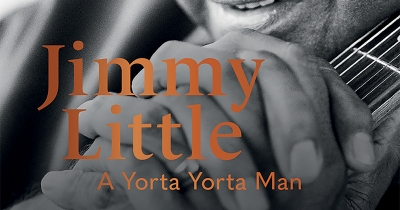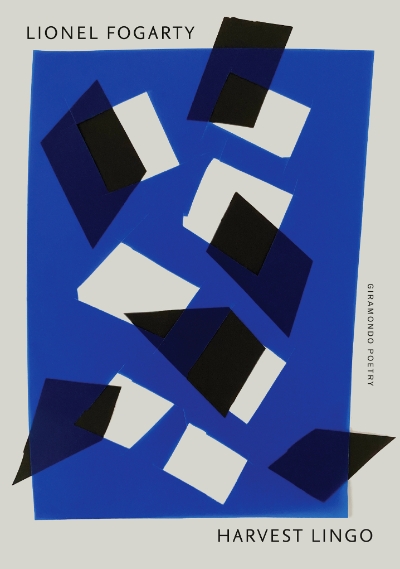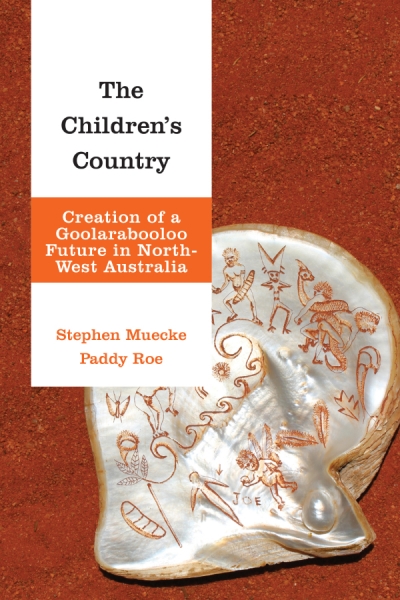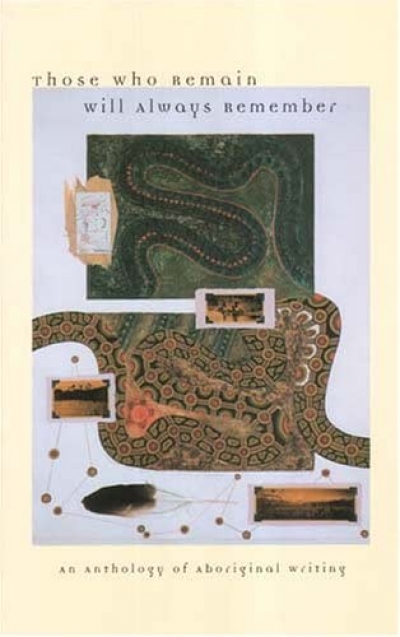Philip Morrissey
The Children’s Country: Creation of a Goolarabooloo future in north-west Australia by Stephen Muecke
by Philip Morrissey •
Those Who Remain Will Always Remember: An anthology of Aboriginal writing edited by Anne Brewster, Angeline O’Neill and Rosemary van den Berg
by Philip Morrissey •
At Home in the World by Michael Jackson & The Survival Dreaming by Peter McCloy
by Philip Morrissey •






